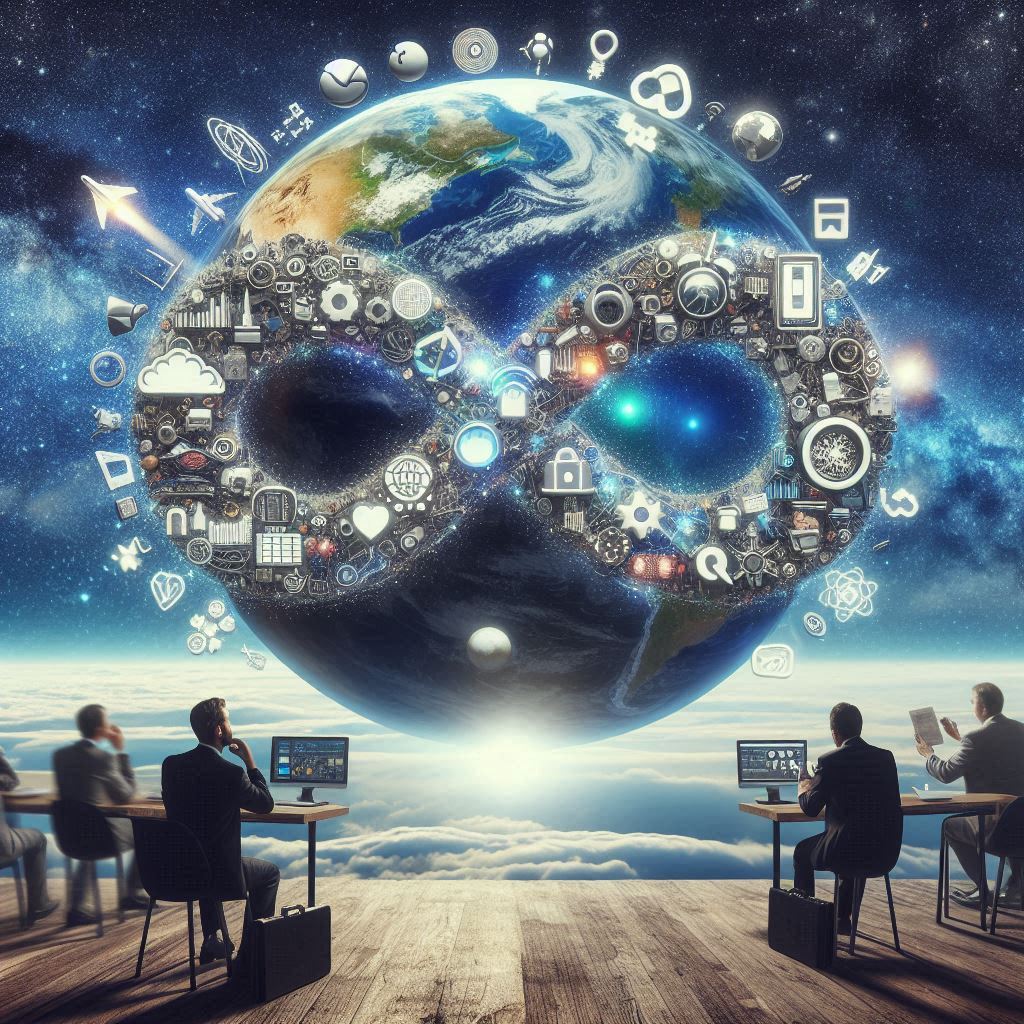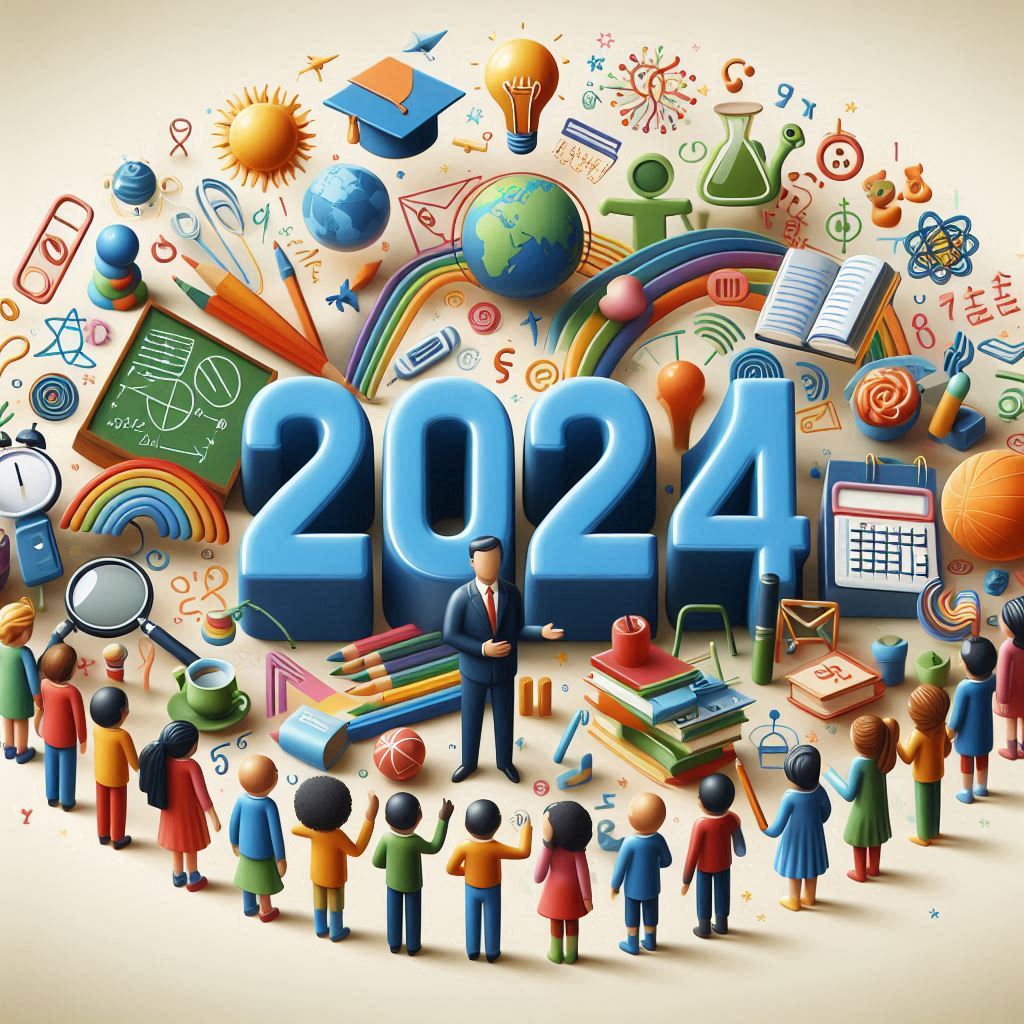
There is a lot of discussion in relation to how tech vendors and particularly big tech vendors need to do better, whether this is in relation to data protection, online safety, addressing fake news and many other considerations. A recent presentation by Laura Knight at FutureShots24 where she spoke of the finite and infinite games, and of Simon Sinek’s book, “The infinite game”, got me thinking about this again.
Tech vendors need to sort it
Firstly it is important to acknowledge the benefits of technology; The tools we have and use are there as they are useful and the tech companies that continue to operate are there as we as users choose to use their solutions, but there are also challenges and drawbacks associated with most technologies. It is pretty clear that tech vendors need to do more to address the various challenges and risks which come about as a result of their products. They provide a tool, whether it be a productivity suite, a social media application or a generative AI tool, among many others, with many people using these tools appropriately and for good, however, there are also then those who use these tools for ill, for criminal, unethical and immoral purposes. Now I have blogged on this before, how tools are neither good or bad, but it is their use which is good or bad, however, the challenge is that through technology the resulting impact is magnified. I have talked of a hammer as a tool, and how it could be used for assault, but unlike a hammer, a maliciously used social media tool can impact hundreds or thousands of people at once; the potential impact of the tools is much broader. So, from this, it seems clear that tech vendors need to consider this negative impact and seek to mitigate the risk in the design of their platforms and through their processes.
The key here is that we are not really looking at these tools, but at their impact on wider society. Society will continue, for good or for ill long into the future. It is an infinite game. Long after I am worm food, society will continue. Likely long after many of these tech platforms have been and gone (think MySpace, Friends Reunited and the likes) society will continue.
And so, we look to rules and to laws to provide us with the frameworks and protections, where these rules and laws will exist long into the future, although they may evolve and be adjusted over time. Sadly, though these laws and rules are designed for the long infinite game and therefore are slow to change, relying on established processes and methods not designed for the quick changing technological world we find ourselves in.
With laws unable to keep up we find ourselves complaining that the tech vendors need to do more, and this is likely the case but the tech vendors know their time is limited as they may be dispatched to the bin should the next viral app come along, so they don’t want to expedite this through making a safer but less usable or less enjoyable or less attractive or addictive platform. We have a problem!
But the tech companies are important
The tech companies are driven by profit as they are after all money-making companies with shareholders to answer to. That said, many of the big tech companies do try to establish the moral and ethical principles by which they operate. It is their drive for money which leads them to “move fast and break things”, to innovate and disrupt as they seek to find the next big thing and the corresponding profits which come with it. And we need this innovation. If we left innovation to governments, their processes, laws and rules would make the process of innovation so much slower than it is while it is in the hands of tech companies. I suspect we would be still using 5 ¼” floppy discs at this point!
The tech companies play the finite game, knowing that in this game there will be winners and losers so moving fast, disrupting and innovating is the only way to avoid being confined to the technology bin of history; think the polaroid camera, the mini-disc, and the platforms I mentioned earlier. So, if the choice is spending longer to create a safer platform, but possibly being 2nd to the market with a product, or getting it out quickly and being 1st but then having to try and address issues later on, closing the gate after the horse has bolted, it seems pretty clear which the tech companies will choose. Being 1st means survival while being 2nd might spell doom.
Solution?
I am not really sure that there is a solution here, or at least that there isn’t a perfect or near perfect solution. Things will go wrong, and when they go wrong we will be able to highlight what could have or should have been done by tech vendors, governments or individuals to prevent the outcome. But we have to remember we are dealing with technology tools operating at scale, and just take TikTok for example and its approx. 1 billion monthly users. We haven’t yet banned cars but car accidents continue to happen!
Tech companies will continue to focus on the finite game and on maximising profit for their shareholders and on remaining viable, while politicians will also play the finite game, focussing on policies and proclamations which are more likely to be psotively received and to keep them in power, or help them to power. But the world and society is an infinite game where what we do now may impact how things are for future generations.
I think we need to be pragmatic and I also think its about partnership and working together. If governments, tech vendors and user groups can work together, discuss the benefits, the concerns and the issues, maybe we can make some progress. Maybe we can find the best “reasonable” options and the “good enough”. And I note, I feel some of this is already happening within some companies. I suppose my one conclusion is simply that it isn’t for tech vendors to do more, it is for us all to do more, tech vendors, governments, schools, parents and adults more broadly, communities, and more. And if we can do it, discuss and explore, find and test solutions together then maybe we can start to address some of the challenges.



